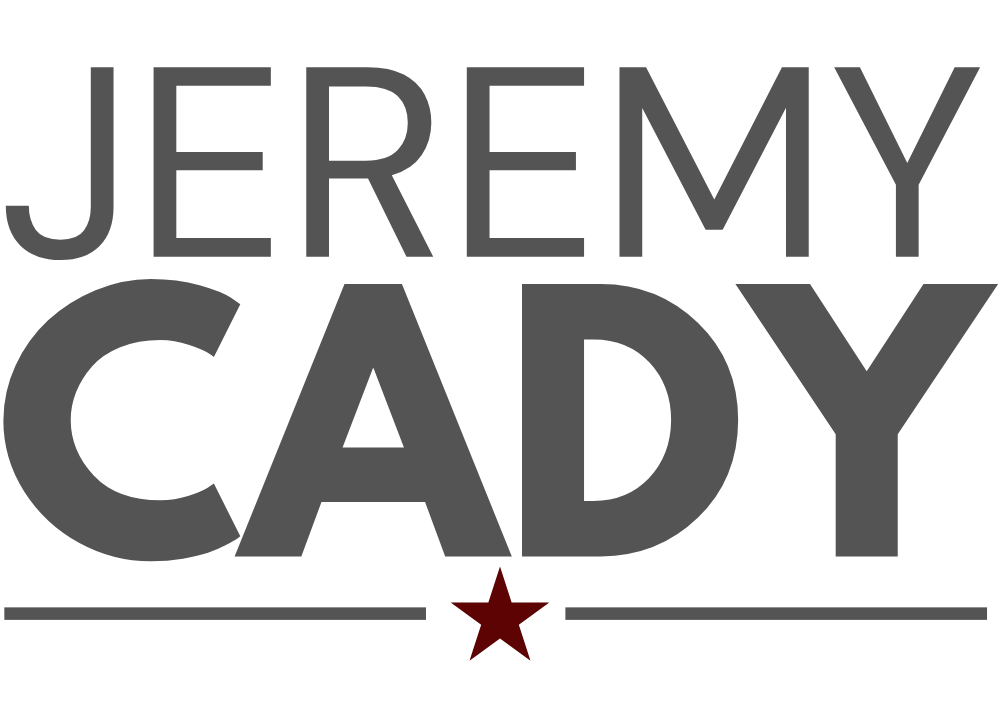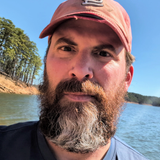Believe in People to Reclaim the American Dream

Believe it or not, I’ve never met or spoke with Charles Koch. I did have the honor and pleasure of meeting David Koch before he passed. He was both warm and well-grounded. But, I’ve never met Charles.
That said, I’m fairly certain we’re well aligned, in both policy and business. I’ve no doubt we could probably waste several hours solving all the world’s problems, though I’m certain I would do so far less eloquently than Mr. Charles Koch.
To peer into Charles’ head one must only pick up a book. He had previously written both Science to Success and Good Profit. But, in my opinion, it is his latest, Believe in People, that Charles opens up and shares his passions and how he believes we can best make America a wondrous and prosperous nation.
If possible, one should read Reclaiming the American Dream by Richard Cornuelle before picking up Believe in People. Believe in People is, I think, a response, or a continuation of the dialogue written by Cornuelle. If you’d like to do so, I may even have a copy you could borrow, I have a few, but I will hound you if it isn’t returned in a timely fashion.
In Reclaiming the American Dream, Cornuelle discusses the growing division between Conservatives and Liberals and why neither can truly win – how one must lose for the other to win.
Cornuelle also discusses the breakdown of the forgotten “independent sector,” or nonprofits. Americans only think of the public sector, government, or private sector, corporations, when trying to solve the issues that plague us. Instead, nonprofits used to be a driving force for change, for solving many of our social problems. Today, nonprofits may try to solve some problems, but they often push their programs to the government and then become lobbying efforts to increase government funding and bureaucracy.
Cornuelle ends that we need to reinvigorate this independent sector by protecting its ability to compete with the government and allowing it to thrive, hopefully providing better solutions than government and reducing the overall need for government involvement.
Enter Charles Koch. More specifically the organization he founded, Stand Together.
Stand Together has been working to empower individuals so they may work to solve the issues that exist within their communities. Stand Together works with nearly 200 organizations across the nation, helping those who wish to help others.
Stand Together is, as Cornuelle prescribed, working to reinvigorate the independent sector.
Believe in People, Koch’s latest work, is an effort to showcase what happens when we rely on people, not the government, to solve our problems.
People are not problems. Politicians often work to deal with people, to solve them. Instead, Charles rightly sees each individual as having unique gifts and abilities. They also know and understand the problem they see and face daily far better than any politician or bureaucrat. They, of all people, are in a prime situation to provide the best solution.
Throughout history, the vast majority of mankind has lived in utter poverty. Not the poverty we know today, where some subsist on food stamps and welfare, but poverty that means they would work sun-up to sun-down, to barely squeak out a meager existence that meant they were often cold and hungry.
While barely living, they would be subjected to tyrannical rule, without rights or property, with the powerful taking what little possessions the poor already had.
The expansion of liberty and property rights led to an explosion of prosperity.
Even in America, we are not yet or have been perfect. We’ve had a long history where freedom was not equally applied. And though slavery no longer exists and a great deal of progress has made to expand the rights of life, liberty, and the pursuit of happiness to all, we still have work to do.
Koch expands on four key institutions – community, education, business, and government.
Community is just what the word implies. It is our family, our friends, our neighbors, our congregations. It is made up of the people and groups that have the largest impact on our lives, and the individuals with whom we have the most impact. For society to thrive, the community must thrive. It must be allowed to flourish and experiment, to find solutions. As Cornuelle states, society can be fixed when a community performs “millions upon millions of small caring acts, repeated day after day.”
Education is required to seek self-actualization, to find fulfillment. “A good education enables people to have the best possible life and contribute to the creation of the best society.” Unfortunately, the current system is failing us, our children. “Businesses spend billions each year helping new workers learn the basic skills they didn’t get in school.”
When I was in the private sector, just over a decade ago, the average cost of training a new employee, for any position, was about $15,000. I’d hate to know what that cost is today.
Education today tries to educate by putting unique individuals through a standardized assembly process. Treating everyone the same and basing success off of an average and arbitrary scale.
Business is no longer trusted by the people. Most believe corporations are greedy and looking out for themselves. It’s hard to argue this point when large corporations use the government to protect themselves and punish small businesses. “At their best, companies create innovations that improve lives, delivering better products at lower prices for more people. Profit isn’t the goal but the result…[the] measure of this contribution.”
Instead, corporations employ lobbyists to set the rules in their favor, to rig the system and the economy. They push for protectionism rather than innovation. Cronyism pits Americans against one another and corrupts business leadership.
The government has lost the respect of the people. It has devolved into tribalism, creating enemies rather than “foster[ing] the rules of just conduct that enable individual success and societal well-being.”
“Tribalism makes it very difficult to get good things done in government. It shifts attention from policy to politics, from empowering people to beating up the other side. Instead of working together, people and parties focus on staying in control, propping up allies, and punishing or scapegoating opponents.”
There is a better way.
Koch references Frederick Douglass often, and for good reason. One of the quotes in particular is, “I would unite with anybody to do right and with nobody to do wrong.”
I promise I disagree with you, on something. I often joke that, at times, I disagree with myself (have you ever regretted something you did or said). But just as likely, maybe more so, I’m certain I agree with you on something.
If we want to end this division within society, if we want to promote prosperity and fulfillment, we need to unite rather than divide. We need to work together on those items we agree upon.
Koch shares several examples of what occurs when we unite rather than divide.
He shares the story of Antong Lucky, who started the Dallas Bloods before he was 15 and then later, while in prison, had an epiphany and changed his ways. Antong now works to help others from falling into the same mistakes he had.
Koch shares the story of Abillyon, who was in the Dallas juvenile system but turned his life around with the help and mentorship he received from Cafe Momentum.
He shares the story of Scott Strode, who struggled with drug abuse but then worked to help others facing the same struggle. He started The Phoenix and now helps 10,000 people across the nation.
In each of these, individuals close to the problem were those who provided the solution. Not the government.
If we want to grow and thrive as a society, we need to help empower each American to find their unique gift and talent and to cultivate them. To then use it to contribute to the development of others.
If Cornuelle laid out a blueprint in 1965, Charles Koch now shares his implementation of that blueprint, a start. But then who writes the next book in 55 years and what will it say?
Will we have learned to come together and work to empower the individual or will we still be dictating solutions from the top-down?

